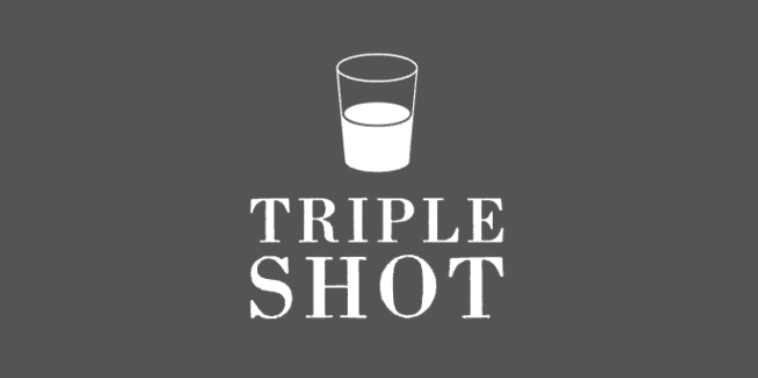LF10 | Triple Shot - Jan 3, 2023
The Carbon Pulse and end of cheap energy; might a Wellbeing Index replace GDP? and learning from Africa about the remarkable impact of community mental health workers
Happy Near Year! This week’s Triple Shot covers three novelties from the Looking Forward agenda, covering people, planet and progress…
1. We’re living in the ‘Carbon Pulse’
In Reality Blind, Nate Hagens makes the case that we’re living in a “Carbon Pulse”, is a ‘brief period of geologic time in which all the carbon fuel stored up over hundreds of millions of years is expended in just a few centuries.’ It was apparently a fluke that there weren’t carbon eating microbes around when today’s oil and coal was being laid down; we got lucky. A mindblowing stat Nate talks about is that a barrel of oil equates to around 4.5 years of human work, all available for under $100. With around 100 billion barrels of oil being used a year, there’s approximately 500bn extra years of human work available to our society, on top of the 5bn human years.
A barrel of oil is equivalent of 4.5 years of human work, so our oil habit gives our 5 billion human workers the output of 500 billion people.
2. Could a Wellbeing Index Replace GDP?
If Churchill commented on GDP, he may have said it was the worst way to measure a country’s output, apart from all the other ones. Robert Kennedy put it succinctly in 1968, saying it measured everything except that which made life worthwhile.
There’s clearly a need for change, and maybe the government leaders in the Wellbeing Alliance can finally pull it off. This group comprises a handful of the more impressive and effective (mostly female) heads of state of globally-minded small countries: Scotland, New Zealand, Finland and Iceland, among others. This CNBC piece provides an overview of those trying to use new measures to address the systems-wide ‘polycrisis’ we’re entering.
Lots of new things happening in global liveability indices - watch this space for more.
3. Africa’s remarkably successful community mental health workers
Learning mental healthcare from Africa… America has 135 psychiatrists per million people, and is facing a large and growing crisis of mental care provision; 50m Americans suffered from mental illness in 2019 (before Covid made it all a lot worse) and 150m Americans live in federally designated mental health professional shortage areas, with some having to wait months for an appointment.
Uganda has just 1 psychiatrist for million people, and it too is facing a mental health crisis, like many other African countries. Training a large number of professionals in a short time is not realistic, and as a result local social entrepreneurs are getting creative. Community health worker programs - in which a trained layperson leads local group therapy sessions - have emerged and are making a big impact. In Zimbabwe, Friendship Bench has trained 1,600 grandmothers to sit on a bench and chat with those who come for help. This method has proven very effective - even more so than the current standard of care, as per this Vox piece:
In a 2016 study, 573 patients were assigned to either a Friendship Bench or to a bolstered version of standard psychiatric care available in Zimbabwe, which includes antidepressants. Six months later, only 14 percent of those who’d sat with a grandmother were still depressed, compared to 50 percent of those in the standard care group.
A study of Strong Minds in Uganda found they were able to avoid “one year of severe major depressive disorder for a woman at a cost of $248”, with the resultant benefits for the individual as well as her family, community and place of work.
As we look to fill the thousands of spots in psychiatric care in the US, maybe we can start with some innovative schemes that support the grandmothers.
Thanks for being part of this week’s update. Feel free to spread the word about Looking Forward to those who might benefit. Meanwhile, wishing you all a healthy, productive and friendly year ahead.




